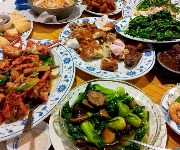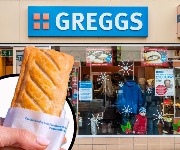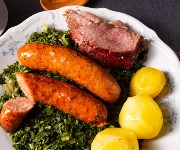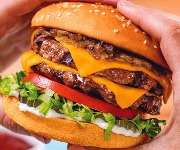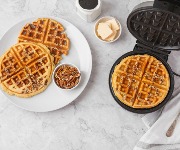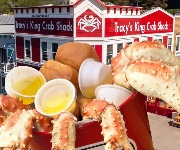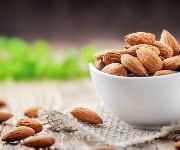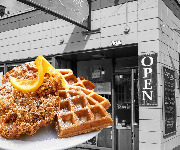‘Junk food’ scotch eggs taken from children’s lunchboxes
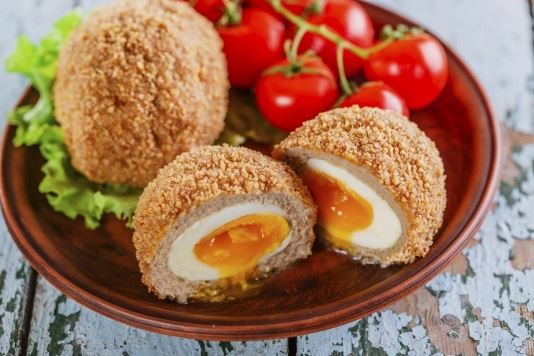
A school in Colchester has taken the unusual step of removing unhealthy items from its pupils’ lunches.
Cherry Tree Primary School in Colchester is at the centre of controversy following the introduction of a new policy that asks teachers to look through pupils’ packed lunches and remove ‘junk food’, including scotch eggs and Peperami sausages.
School meals vs packed lunches
Lunchbox contents have been a battleground fought over by health campaigners and parents for some time.
Last year, Government advisers John Vincent and Henry Dimbleby wrote a report which indicated that only 1% of packed lunches meet the nutritional standards that school dinners have to abide by.
Parent Vikki Laws, whose daughter Tori, six, had a Peperami removed from her lunchbox, said that the rest of her daughter’s lunch was healthy, including fruit, yoghurt and sandwiches. She also pointed out that while the school is allowed to dish up desserts, parents were not allowed to offer treats in lunchboxes.
She said that parents were told that they “are not allowed to give [pupils] sweets and cakes, but [the school] are allowed to give them mousse, cakes [and] cookies. Why are they allowed to do that and we are not?”
A spokesman for Cherry Tree Primary School said: “The health and wellbeing of our pupils is of paramount importance to us. Research shows children’s health and educational attainment are closely linked and we are committed to ensuring every child is given the best opportunity to achieve their potential in the classroom.
“Our healthy lunchbox policy has been in place for some time and the majority of parents are very supportive of it… All school meals we serve comply with the Government’s school food standards, as required by law.”
While the school’s new policy may be well intentioned, it has caused conflict rather than a positive relationship with some parents who feel they, rather than the school, are in the best position to make decisions about their children’s diet.
How bad are these items?
There’s no denying that some lunchbox food is unhealthy. To take the Peperami example: a 25g stick has 11g of fat, 4.5g of which is saturates. A full-size scotch eggs can contain more than 20g of fat, with 5g or more of this being saturated fats.
To put this into context, UK health guidelines suggest the maximum intake of saturated fat for an adult is 30g for a man, 20g for a woman, and significantly less for children of both sexes.
So that’s a huge amount of fat for a young child to be eating regularly, but the new policy could also restrict parents from giving their child a rare treat on a special occasion. A child eating a scotch egg a day may be leading to a problem, but a child eating a treat like a small scotch egg on, say, the last Friday of a month to alleviate lunchtime boredom isn’t such a big issue.
It could also be construed as quite mean, rather than caring, to remove a portion of a hungry child’s lunch rather than approaching the parents first. If a large item was removed from a child, it might leave them hungry and unable to concentrate for the rest of the day.
In this case, the food was given back at the end of the day, along with a note for parents to let them know what had happened. But this debate is lightly to rage on.
Do you think the school is right to confiscate unhealthy food? Is a scotch egg 'junk food'? Let us know your thoughts in the Comments below.
You might also like:
Jamie Oliver campaigns for better food education
Most Recent
Comments
Be the first to comment
Do you want to comment on this article? You need to be signed in for this feature
